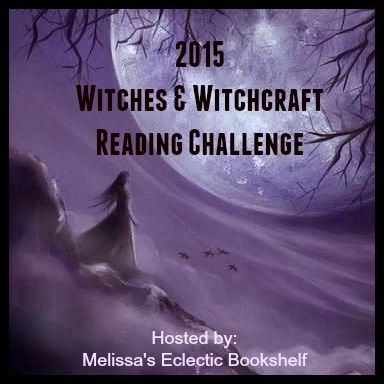This week I'm joining in with Lipsy @ Lipsyy Lost & Found to talk about the books I've been reading recently!
Now: I tried reading Marie Brennan's A Natural History of Dragons a few years ago and couldn't get into it, but recently I've started listening to the audiobook in my car to and from work and I'm enjoying it so much more this time around. I don't know if it's because my tastes have changed or simply because I enjoy the book more when it sounds like Lady Trent herself is talking to me but I'm not complaining!
Then: My first read of 2018 was this little novella by Silvia Moreno-Garcia, Prime Meridian, which is officially being published in the summer but I was lucky enough to get a copy of in December because I backed the campaign to get it published. As always I loved Moreno-Garcia's storytelling - look out for my review!
Next: Owen Davies' Grimoires: A History of Magic Books was a birthday present from one of my closest friends who knows how much I love the history of witchcraft. It's been calling to me recently, I'm really in the mood for some non-fiction, so I think I'm going to start it soon.
What are you reading?















